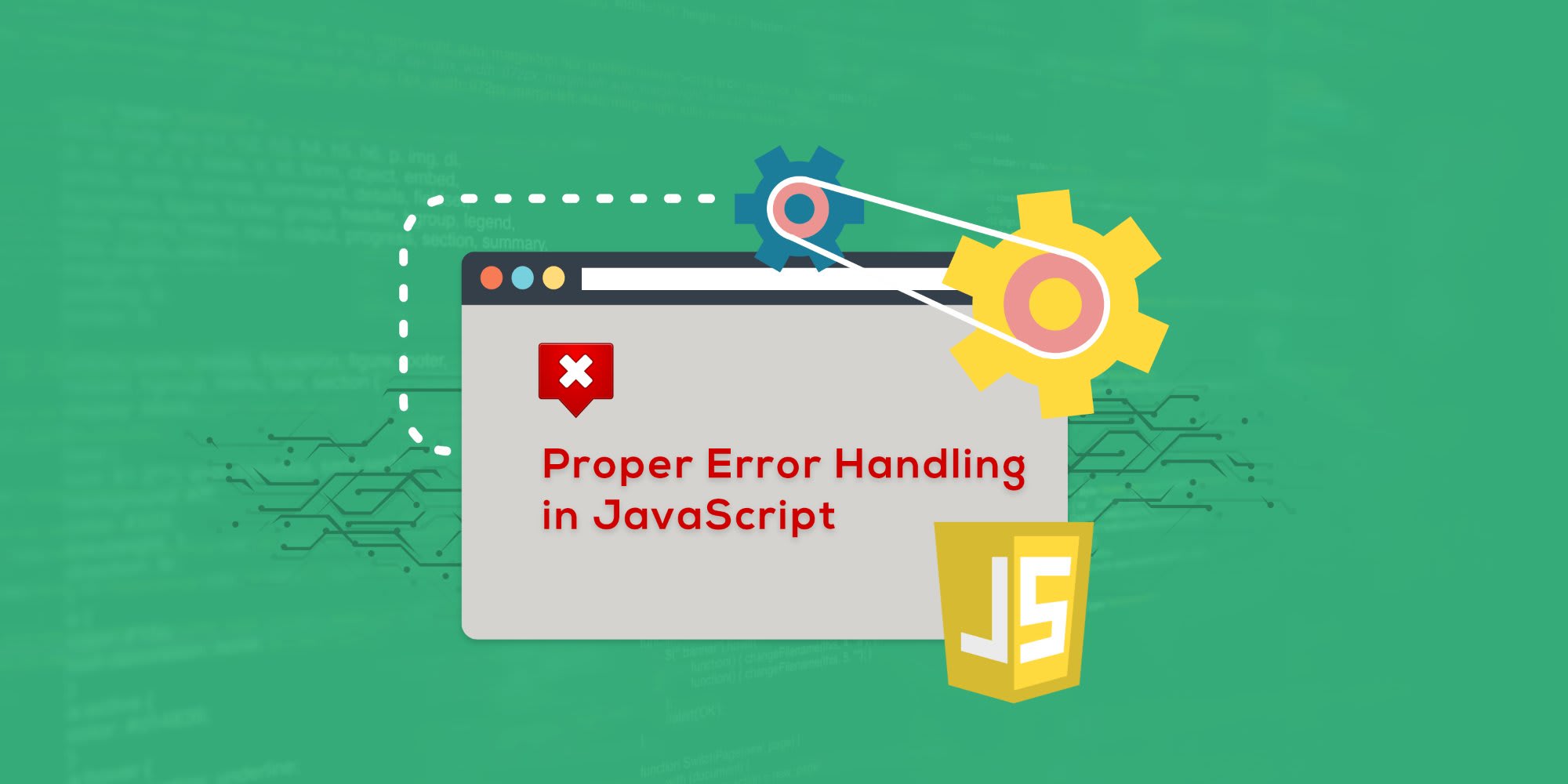A dynamic type variable declaration requires the compiler to interpret the type of the variable based on the value passed to it. The compiler does not require a variable to have type statically as a necessary requirement.
Try the following example, where the variables have been declared without any type. Notice, in case of type inference, we initialized the variable y with := operator, whereas x is initialized using = operator.
package main
import "fmt"
func main() {
var x float64 = 20.0
y := 42
fmt.Println(x)
fmt.Println(y)
fmt.Printf("x is of type %T\n", x)
fmt.Printf("y is of type %T\n", y)
}
When the above code is compiled and executed, it produces the following result:
20 42 x is of type float64 y is of type int






